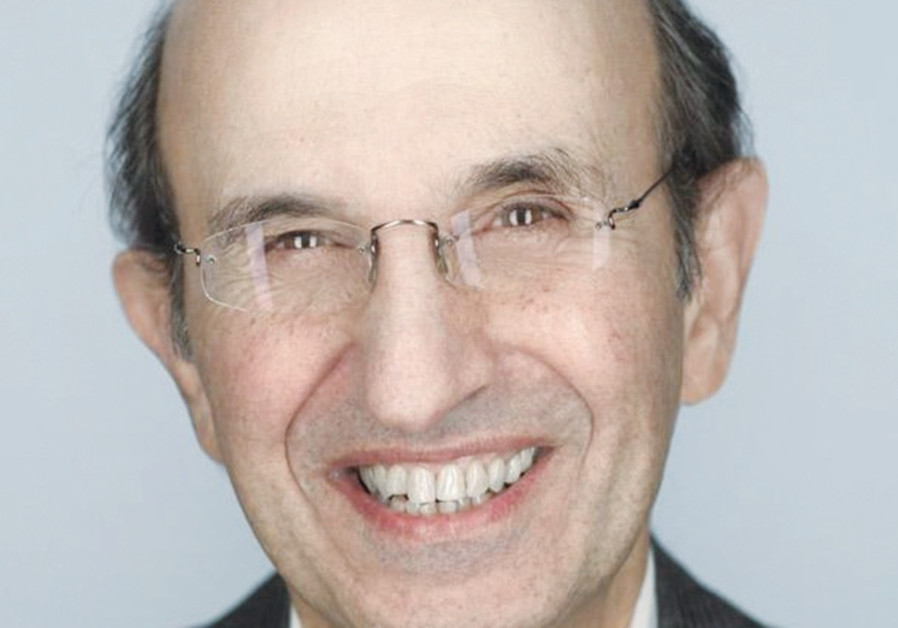For new AIFL president, fostering Israel support should be grassroots endeavor that stretches beyond Washington.

Like any good physician, it’s not enough to just listen to a patient’s needs and then administer treatment. True A+ service involves checking in on them afterward to make sure all is well.
Joel Klein, who was recently appointed president of the American Israel Friendship League, believes Israel advocates should adopt this very approach when hosting foreign delegations.
“You got to develop a committed constituency of pan-American support. You need to make them knowledgeable, committed and involved,” the pro-Israel think tank official explained. “We know from people exposed to Israel that they have these on-the-ground experiences which have a transformative effect. We need to leverage that,” he said.
That translates to not only courting these delegations, which come from all over the United States, but to creating an experience that makes Israel a place that these delegation members would want to come to with their families
In other words, Israel should go beyond being a special interest in Washington and, instead, be part of one’s community.
“We need to coalesce a strong and powerful grassroots community in the US that would be supportive of the work done in Israel,” he said.
Some examples of AIFL delegations that aim to do just that include a group of local pastors and Christian educators from Dallas, Texas, who are slated to visit Israel in mid-August, and a group of chief innovation officers coming in October to learn from the Start-Up Nation.
These delegations are not only effective in solidifying US-Israeli ties, but also in thwarting the Boycott, Divestment and Sanctions movement, a phenomenon Klein calls “counterproductive and very unfortunate.” Klein has a very open “see for yourself” mentality when it comes to fighting BDS.
Of prospective delegations he suggests they “form their own views, come and see; this is an open society, it’s quite unique. [They should] talk to people of all political persuasions.
We think information is really empowering here,” he said.
Klein is the chief policy and strategy officer at Oscar Health, and previously served as chancellor of the New York City Department of Education, where he oversaw more than 1,600 schools, with 1.1 million students, 136,000 employees and a $22 billion budget.
AIFL’s members come from various professional and ethnic backgrounds, and, surprisingly, most are not involved with Jewish causes.
Therefore, its member base brings valuable outside perspectives to the issues, and, just like the delegations, enables greater connectivity of opinion-leaders to Israel.
Klein is replacing Kenneth J. Bialkin, who will remain the organization’s chairman. As an organization, AIFL believes in fostering the unbreakable bond between the US and Israel.
“I am honored to join AIFL, an organization that does so much to broaden public knowledge of, and support for, Israel. I look forward to working closely with chairman Ken Bialkin, whose invaluable leadership has been vital to AIFL’s growth, and the entire AIFL team,” Klein said in a statement released upon the announcement of his presidency.
Klein will also join Danny Gilerman, Israel’s former ambassador to the UN, who is chairman of the AIFL’s Israel Board.
As reported by The Jerusalem Post
